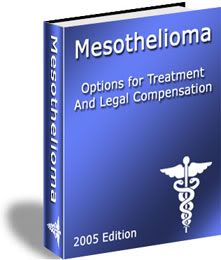Adenylate cyclase toxin from Bordetella pertussis enhances cisplatin-induced apoptosis to lung cancer cells in vitro.
Title
Adenylate cyclase toxin from Bordetella pertussis enhances cisplatin-induced apoptosis to lung cancer cells in vitro.
Source
Oncology Research. 15(9):423-30, 2006.
Oncology Research. 15(9):423-30, 2006.
The present study examined the possibility to enhance lung cancer cell cytotoxicity and apoptosis of the anticancer drug cisplatin by exposure with adenylate cyclase (AC) toxin from Bordetella pertussis. A malignant mesothelioma cell line (P31) and a small-cell lung cancer cell line (U1690) were exposed to increasing concentrations of cisplatin and AC toxin, alone or in combination.
Cytotoxicity was determined by a fluorescein-based assay and apoptosis by flow cytometry quantification of annexin V binding. Caspase-3, -8, and -9 activities were measured by enzyme activity assays. The cytotoxicity of AC toxin was time and dose dependent with an LD50 value at 72 h of 3 and 7 mg/L for P31 cells and U1690 cells, respectively. Cisplatin showed a similar time- and dose-dependent cytotoxicity, which was increased in the presence of a low toxic concentration (1 mg/L) of AC toxin. Furthermore, cisplatin caused a dose-dependent increase of annexin V binding cells of both cell lines after 24-h incubation, which was also enhanced in combination with AC toxin. AC toxin (1 mg/L) increased cisplatin-induced caspase-3, -8, and -9 activities in U1690 cells. Only minor increases of caspase-8 and -9 were noted for P31 cells.
The present results, together with the knowledge that bacterial toxins decrease side effects of traditional cancer treatment, suggest a possibility to use them to enhance the therapeutic effect of cancer chemotherapy with reduced clinical adverse effects.




0 Comments:
Post a Comment
<< Home